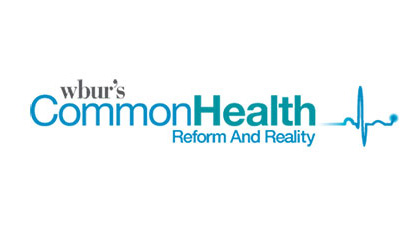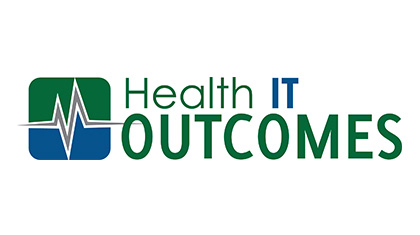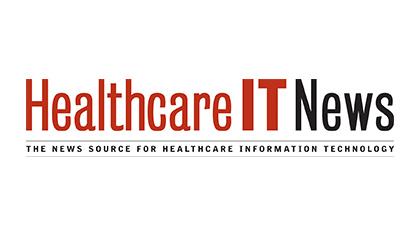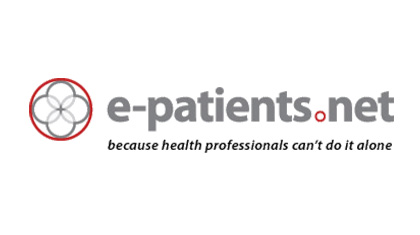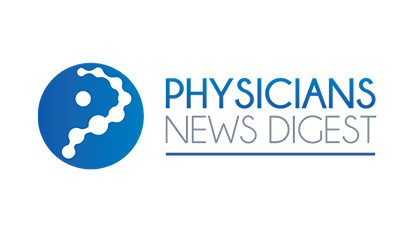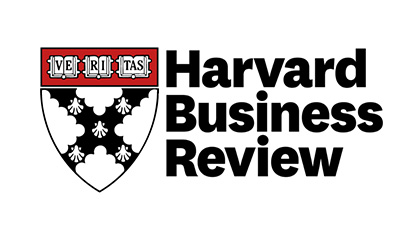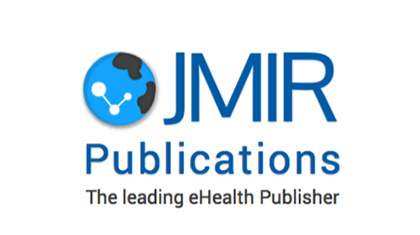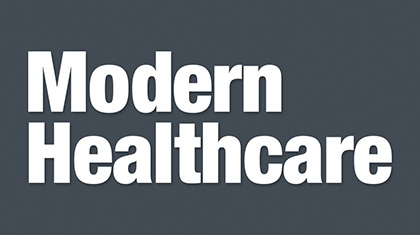First, beginning about five years ago, came the OpenNotes study. Researchers found that when they gave patients access to their primary care doctors’ written notes, the patients said they got better at taking care of themselves, particularly at taking medications correctly. And contrary to some doctors’ fears, the notes did not tend to cause offense…
OpenNotes in the Media
HealthIT Outcomes: Access To Notes Empowers Patients In Pilot Study
Psychiatry and social work clinicians report positive results from the mental health pilot at Beth Israel Deaconess Medical Center, an attempt to measure the use of OpenNotes to share mental health notations with patients. Beth Israel Deaconess Medical Center (BIDMC) in Boston – an academic medical center affiliated with Harvard Medical School – employs approximately…
HealthcareITNews – OpenNotes: ‘This is not a software package, this is a movement’
Tom Delbanco, MD, professor of general medicine and primary care at Harvard Medical School and former chief of general medicine at Beth Israel Deaconess Medical Center, is also co-director of the OpenNotes project, which gives patients access to the clinical notes written by their doctors and nurses. OpenNotes initially launched in 2010 as a pilot…
e-patients.net – Evidence: “Patients value direct, independent access to their medical exams.” Who knew??
Healthcare providers who are tracking patient experience and patient satisfaction, take note: a new study reported yesterday in Science Daily provides evidence that we patients really like it when we can view the data you collected about us. Even us over-50 ones, who are widely believed to be technologically not up to the task. (Fans of patient autonomy, like…
Physicians News: Should Doctors Tell Parents When They’ve Made Medical Mistake?
When a medical error leads to patient harm, it’s hard to argue that no one is more upset than the patient’s family. However, it’s often overlooked that the doctors or nurses who caused that error also may be devastated. “One of the most difficult experiences for any doctor or nurse is when they realize that…
Harvard Business Review: Bringing the Customer’s Voice into Medicine
U.S. health care providers have 10 million newly insured patients to serve this year. That’s 10 million customers they don’t know much about, which makes innovation all the more important. We’re already experiencing a first, technology-driven wave of transformation — electronic health records, mobile phones, sensors, and telemedicine robots are making care more effective and…
JMIR Publications: Patients Who Share Transparent Visit Notes With Others
ABSTRACT Background: Inviting patients to read their primary care visit notes may improve communication and help them engage more actively in their health care. Little is known about how patients will use the opportunity to share their visit notes with family members or caregivers, or what the benefits might be. Objective: Our goal was to…
Forbes: How To Get Doctors To Email Their Patients
Remember memos? As late as the 1990s, businesspeople would type, print and copy a formal memorandum onto a sheet of pre-printed letterhead to be delivered the next day. But those days before email are ancient history, right? Perhaps not, if you work in healthcare. Despite fueling nearly 18% of our nation’s advanced economy, the healthcare…
The New York Times – Medical Records: Top Secret
MANY readers were shocked by my recent article about Peter Drier, who received a surprise bill of $117,000 from an out-of-network assistant surgeon who helped out during his back operation. But almost as surprising was how difficult it was during my reporting for Mr. Drier to extract his own records from the hospital. He wanted…
Modern Healthcare: Geisinger using technology to increase patient engagement, CEO says
Geisinger Health System has invested in health information technology innovations to transform itself from a fragmented, hospital-centric model to one that actively courts patient involvement and access, CEO Dr. Glenn Steele, Jr. said during an industry talk Thursday. The Danville, Pa.-based system has invested in three key areas: virtual visits; patient access to healthcare data;…
